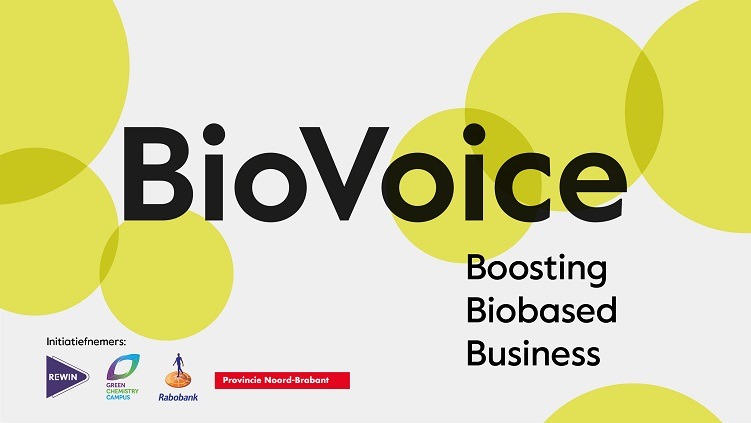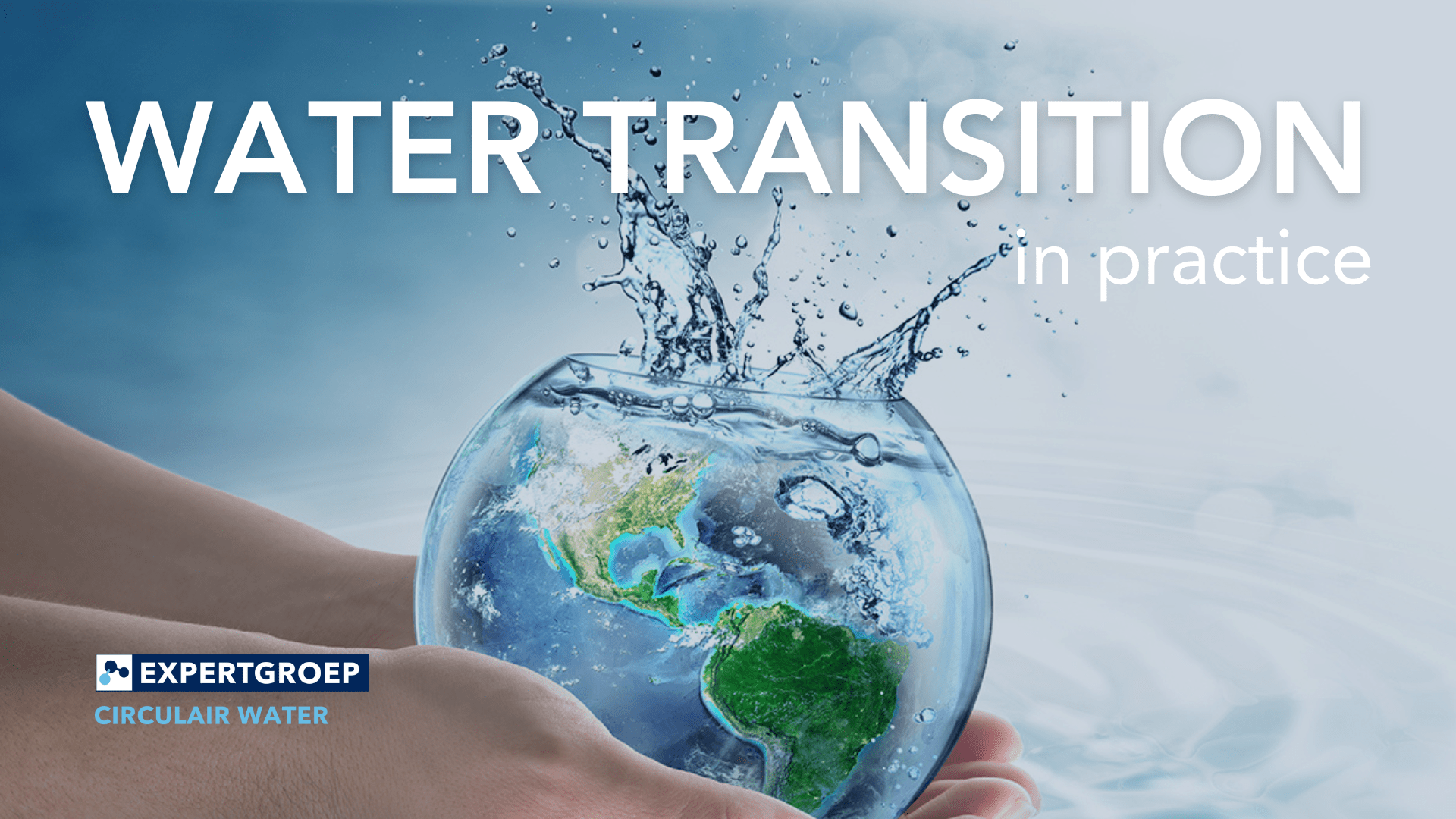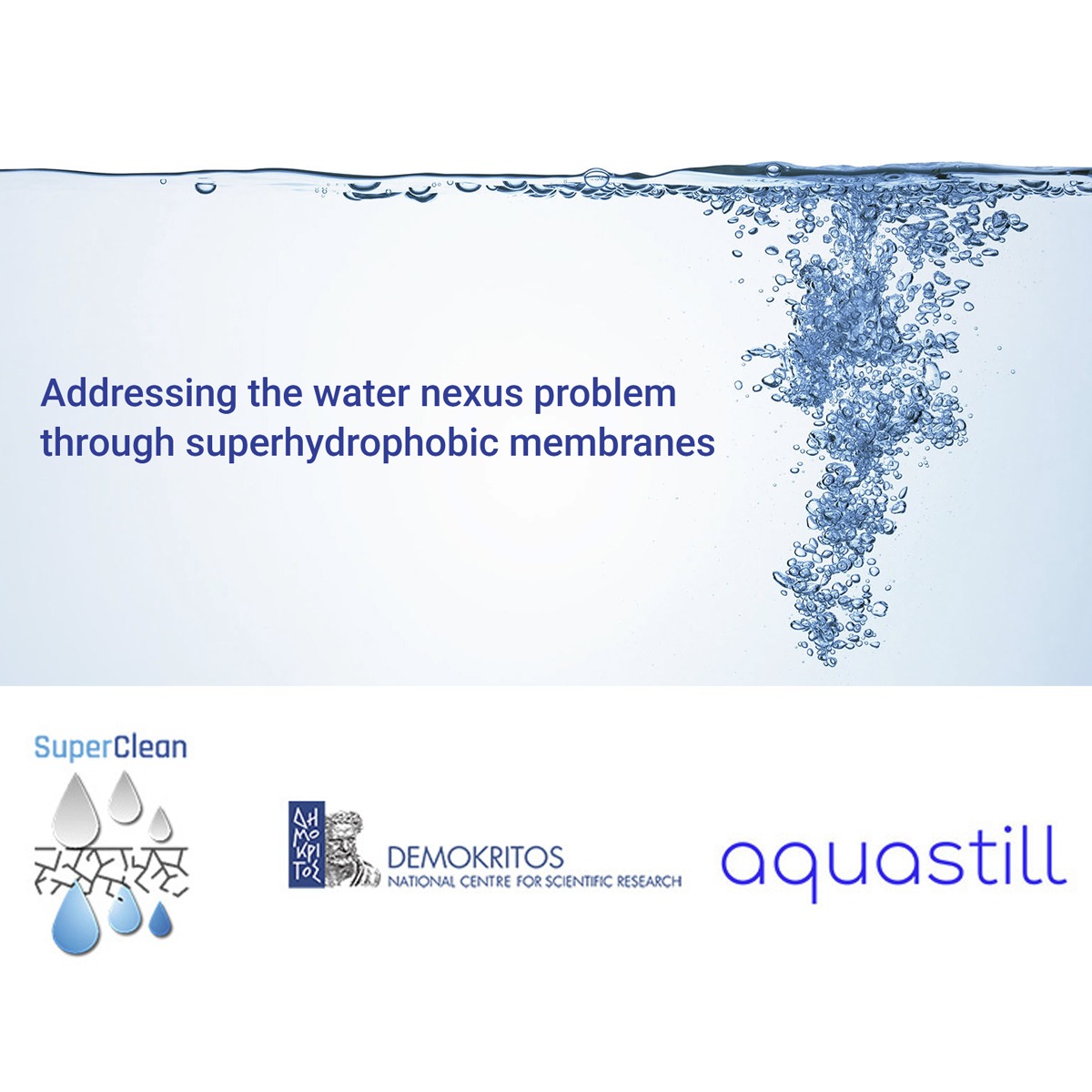Via our network partner BioVoice we have been asked to come up with solutions on these water related challenges. The deadline for submitting solutions is Friday 8th May 2020.
Challenge 1: How can we clean and reuse 100% of our waste water?
Cargill uses water to process natural raw materials such as corn and wheat, and some of that water is already being reused. However, we now want to achieve a fully closed-loop water system. It is possible in theory, but there is no cost-effective solution yet. That is our goal, that’s the challenge. Water is essential to our process: it is used at various stages of production and reused after upgrading by centrifuges, membranes, etc. Currently, however, we still discharge a wastewater stream containing minerals and a small amount of organic matter to wastewater treatment systems. At our site in Bergen op Zoom, for instance, we pre-treat the water with our own wastewater treatment plant, after forwarding it to Rilland-Bath for treatment, where it ends up in the surface water. More or less similar processes are in place at all our plants all over the world.
More information via:
https://challenges.biovoice.nl/en/Cargill/100-procent-hergebruik-van-water/
Challenge 2: How can we reduce chromium levels in salt/brine?
One of Dow’s production processes produces almost dry crystalline salt as a by-product. The reuse opportunities for this by-product, however, are restricted due to low levels of contaminants, which is why Dow is primarily looking for a solution to reduce chromium levels in salt/brine from ~10 ppm to <0.5 ppm. We are issuing this challenge in order to: create a circular economy opportunity and tackle our difficulties in recycling saline streams and removing heavy metals
More information via:
https://challenges.biovoice.nl/DOW/Chroom-uit-zout-reststroom-verwijderen/
Challenge 3: How can we threat macrofouling in our seawater cooling system in an eco-friendly way?
The objective is to find an ecological alternative to sodium hypochlorite to prevent the bio-fouling by mussels and oysters in the coolant system, subject to the conditions that the proposed method may not form unwanted halogenated products and is at least as effective as the current method. The proposed technique/solution may still be in the testing phase, provided that it can be proven to be effective by means of a pilot with a sub-stream without adversely affecting the production process. The current method with sodium hypochlorite prevents bio-fouling in the systems, but the prefilter, belt filter and sodium hypochlorite injection system do require frequent maintenance.
More information via:
https://challenges.biovoice.nl/en/DOW/Ecologische-bescherming-aangroei-zeewater-koelsysteem/




